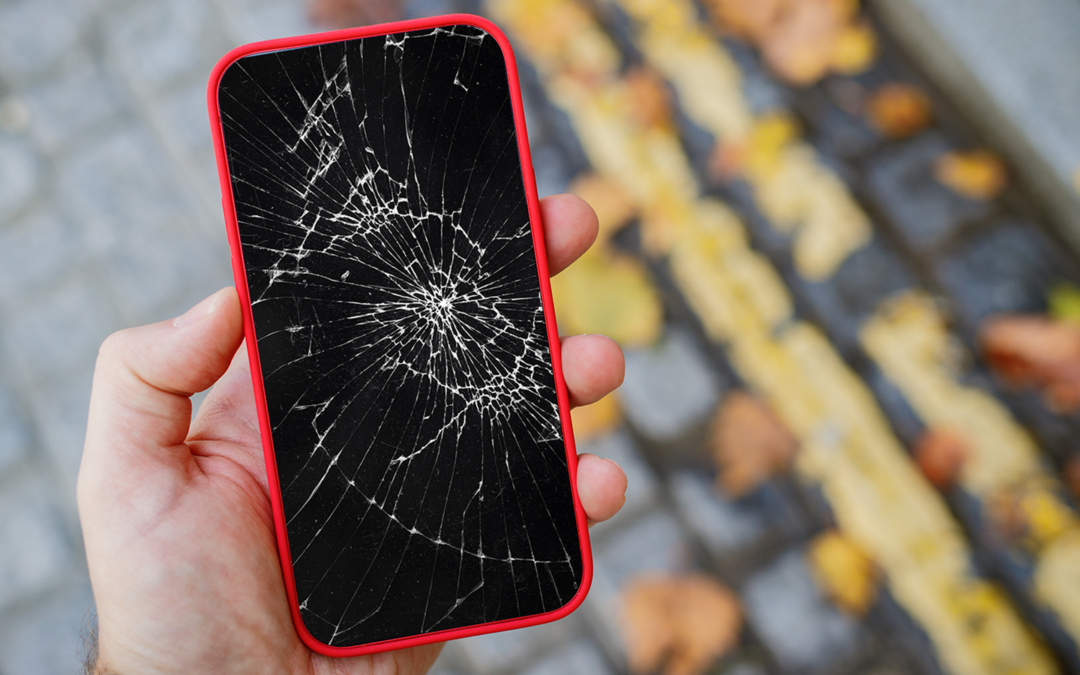Repairing Your iPhone
Repairing your iPhone can be a cost-effective option, especially if the issue is minor or can be easily fixed. Here are some pros and cons to consider:
Pros of Repairing:
Cost Savings: Repairing your iPhone is often cheaper than buying a new one, especially if the problem is limited to a specific component, such as a cracked screen or faulty battery.
Familiarity: If you’re attached to your current iPhone and comfortable with its features and settings, repairing allows you to keep your device and maintain your familiarity with it.
Data Preservation: Repairing your iPhone ensures that your personal data, contacts, photos, and apps remain intact without the need for data transfer or backup.
Cons of Repairing:
Potential Recurrence: Repaired components may experience issues again in the future, especially if the underlying problem is not fully resolved or if the device is nearing the end of its lifespan.
Time and Convenience: Repairing an iPhone often involves finding a reputable repair shop, waiting for the repair to be completed, and potentially being without your device for a certain period, which can be inconvenient.
Limited Warranty: Repairing your iPhone outside of an authorized service provider may void the manufacturer’s warranty, leaving you with limited protection against future problems.
Replacing Your iPhone
Replacing your iPhone may be a suitable option depending on the extent of the damage, your budget, and your preferences. Here are the pros and cons:
Pros of Replacing:
Latest Features: Upgrading to a new iPhone model allows you to enjoy the latest features, improved performance, and potential advancements in camera technology, battery life, and security.
Long-Term Reliability: A new iPhone generally offers better longevity and reliability, as it is free from previous wear and tear or potential hidden issues.
Manufacturer Warranty: Purchasing a new iPhone from an authorized retailer or directly from Apple provides you with a warranty that covers any potential defects or issues during a specified period.
Cons of Replacing:
Higher Cost: Buying a new iPhone is typically more expensive than repairing your current device, especially if your current iPhone is still functional aside from the specific issue.
Data Transfer and Set-Up: When replacing your iPhone, you’ll need to transfer your data, contacts, apps, and settings to the new device, which can be time-consuming and potentially result in data loss if not done correctly.
Environmental Impact: Opting for a new iPhone contributes to electronic waste, as the discarded device may end up in a landfill. Repairing and extending the life of your current iPhone can be a more environmentally friendly choice.

